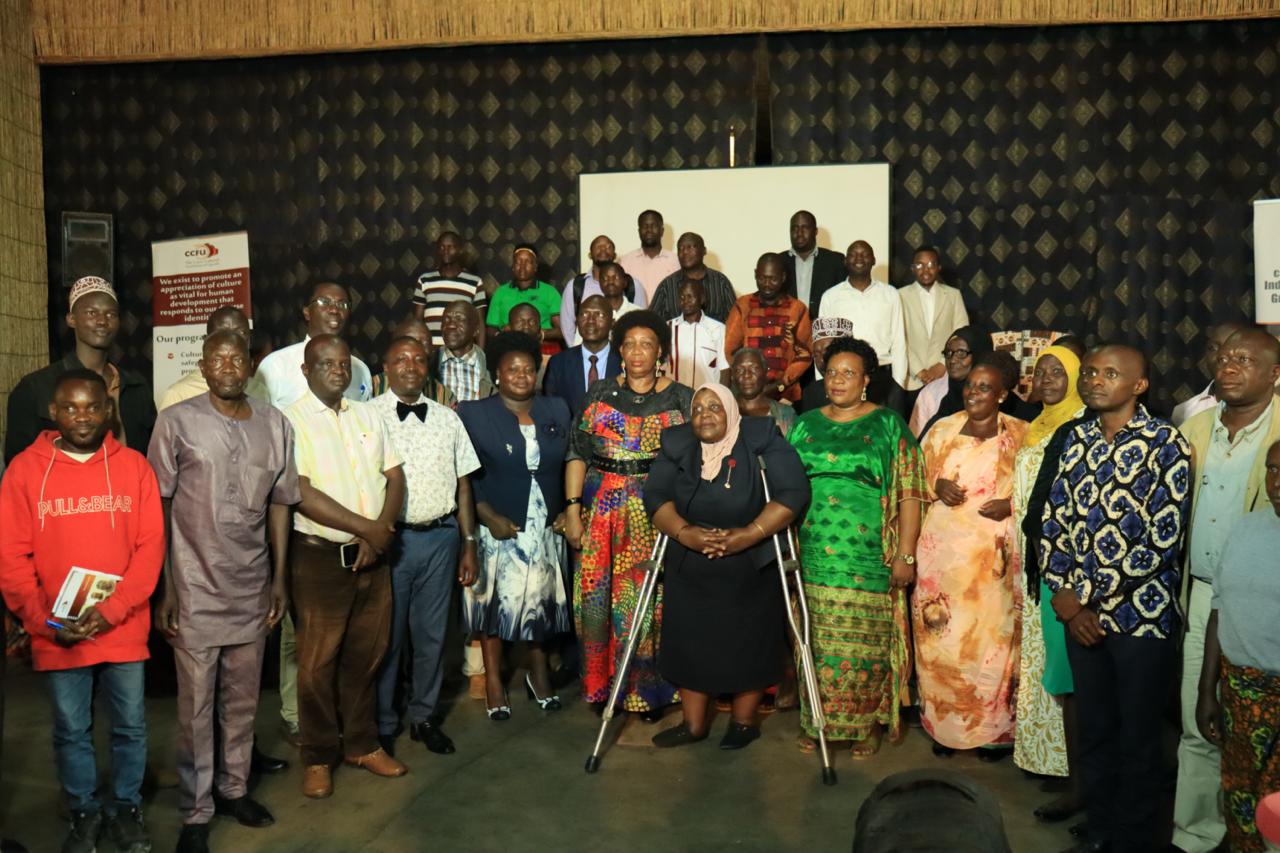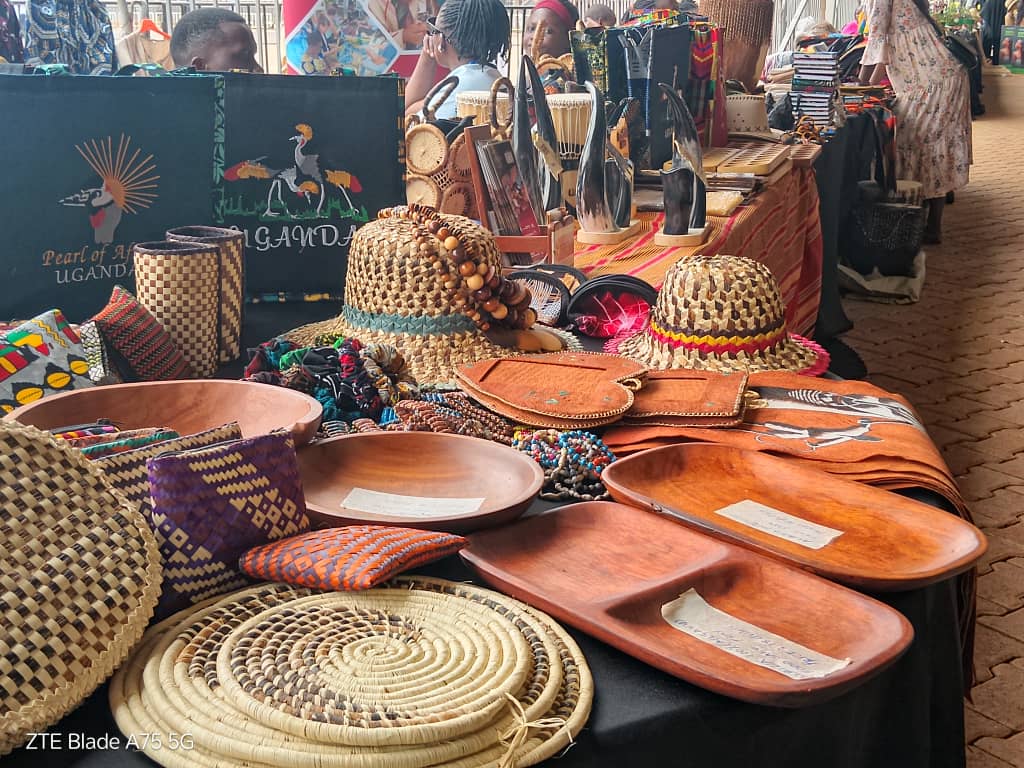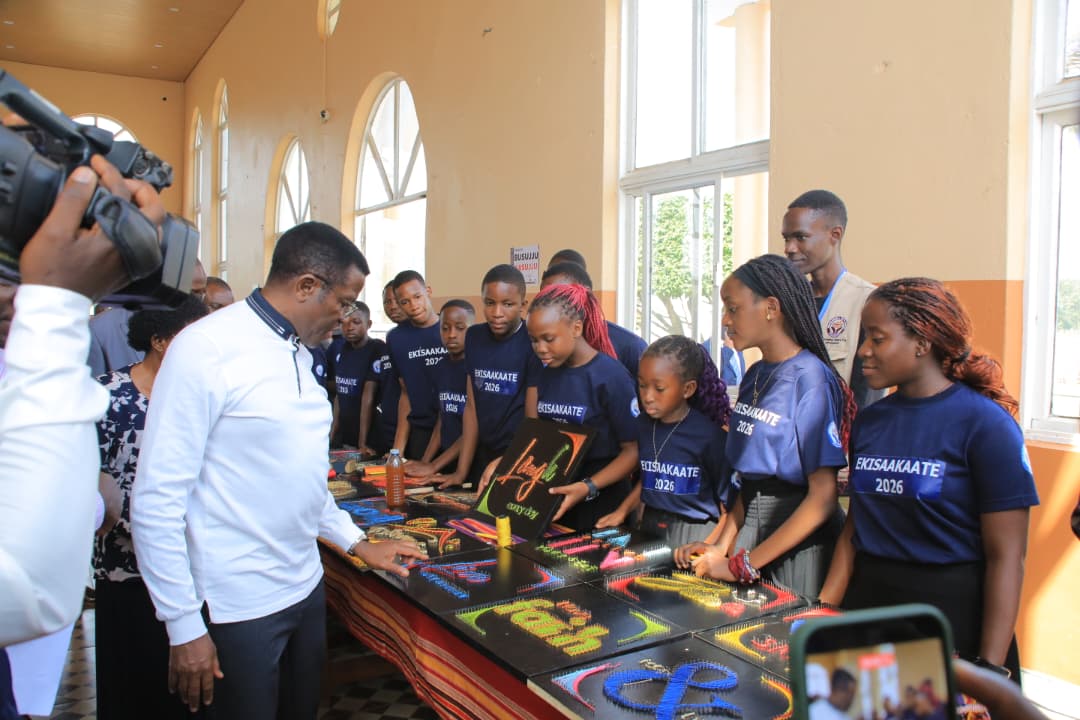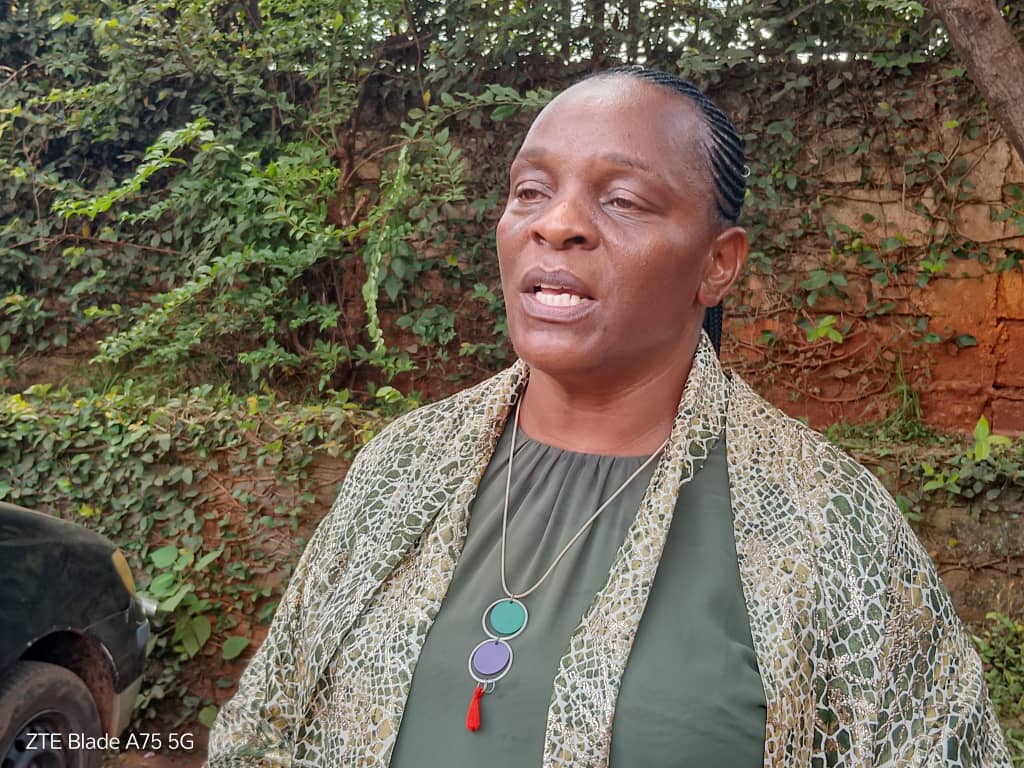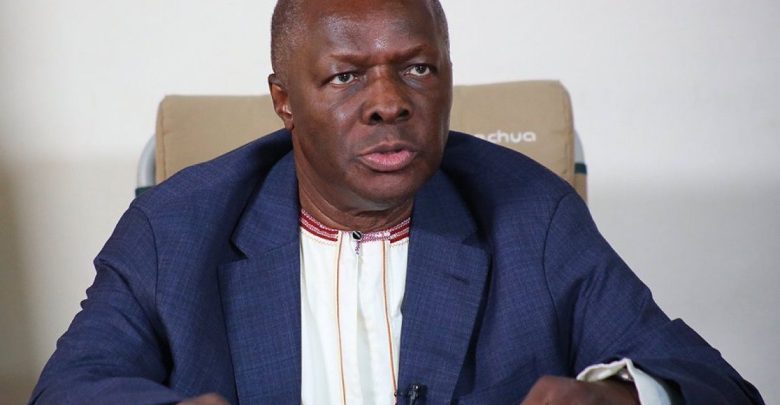The Cross-Cultural Foundation of Uganda (CCFU), has appreciated the socio-economic contribution played by Uganda’s indigenous minority groups.
This appreciation was revealed as Uganda joined the rest of the world to mark the 2025 International Day of the World’s Indigenous Peoples.
The function at Ndere Centre brought together stakeholders from government, civil society, and Indigenous Minority Groups (IMGs) from Karamoja, Bwererori, Elgon, and West Nile regions to address pressing challenges and promote inclusive solutions.
Mariam Wangadya, the chairperson of the Uganda Human Rights Commission (UHRC) who was the chief guest, thanked CCFU for being at the forefront of advancing the rights of minority groups.
“Thank you very much for supporting these indigenous communities. I also call upon Parliament to initiate legislation that protects indigenous groups,” she said.
The celebration featured a dialogue, cultural exhibition, and networking sessions aimed at fostering inclusive policy-making, cultural appreciation, and partnerships to amplify indigenous voices.
Barbra Babweteera, Executive Director of CCFU, underscored the significance of the day.
“To many parts of Uganda, Indigenous Minority Groups face marginalisation that threatens their way of life, their identity and their ability to thrive.We need to address the rights of Indigenous Minority Groups to self-determination and food security, sustainable development and national education,” she said.
The Equal Opportunities Commission (ECO) reaffirmed its commitment to protecting and promoting human rights. Safia Nalule, the cairperson of the EOC, said as a commission, they recognise that Indigenous Minority Groups continue to be left behind in development planning and service delivery.
“We are working to ensure that their voice is heard and that their rights to land, education, and cultural expression are protected. Today’s dialogue is an important step toward justice and equity for these communities,” she said.
CCFU’s initiatives support many indigenous groups in Uganda through scholarships, documentation of oral histories, establishment of cultural resource centers and museums, and livelihood support via grants, skills training, and education.
These efforts have enabled communities to reclaim their heritage and improve socioeconomic conditions.
The event also shed light on the loss of cultural heritage, including traditional medicine, crafts, values, and practices, driven by population pressure, modernization, and negative perceptions.
Indigenous communities called on government ministries to support the documentation of traditional knowledge and integrate cultural learning into the new competence-based curriculum for lower secondary schools.



